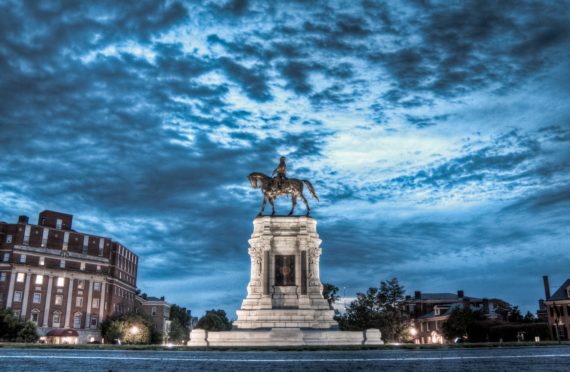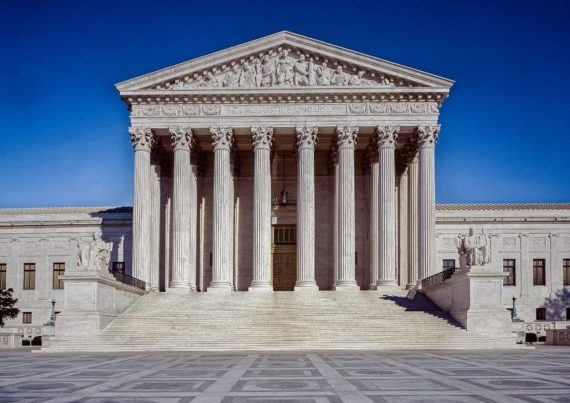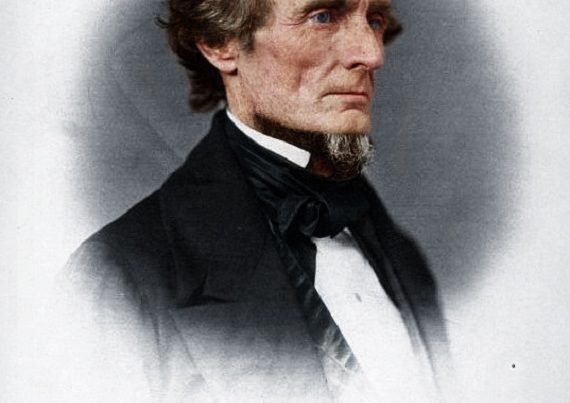Retired General Stanley McChrystal who never led troops in a winning war bravely threw out a picture of Robert E. Lee because his wife apparently made him do so. As a defense of the action he went into a brief explanation that he no longer considered Lee one of the great leaders. Lee, he said was a great soldier for 32 years but failed when he tried to destroy the country that Lee’s hero, George Washington had help build.
“CBS This Morning,” one of the outlets President Trump described as “the enemy of the people” i.e. fake news –was McChrystal’s soapbox. To accept what that CBS panel and guest offered as news would be no better than accepting a history lesson from most contemporary T.V. historians
McChrystal was hawking his book, Leaders: Myth and Reality, though he apparently had help in writing it. In fact, in his list of great leaders he included Coco Chanel who, and omitted as a fact by McChrystal and the CBS panel, was the lover of a Nazi officer. Presumably he was honing her “leadership” skills. McCrystal even admitted that he knew not of Chanel’s background until the book was drafted. This is leadership uncovering leadership? He had apparently known almost nothing of someone he called a great leader. But he does know the character of Robert E. Lee?
The concept that George Washington or any other formidable patriot of the revolutionary war attempted to “build a country” is spurious on its face. There was no single state of The United States or a country of such to be built. There were 13 sovereign states as stated in the Treaty of Paris who signed the treaty with both sides agreeing that the 13 individual states were no longer a part of the British government.
A single state of The United States would indicate that the 13 original colonies were of the same culture, background and political persuasion. Even if one can get past the silly notion that “we are a nation of immigrants” and accept the history that most of the populations of the 13 colonies were from the British Isles, there hardly existed a single compatible community state of English, Scotch, Welsh and Irish.
The term Yankee, in fact, came from a derogatory term the Pennsylvania and New York Dutch applied to New Englanders. Hardly a unified “country.”
McChrystal said that Lee at the crucial juncture of his life decided to side with the South and destroy the country which his hero, George Washington helped found. And McCrystal claimed further that Lee did it in the cause of slavery. H.L. Mencken, certainly a more credible writer than McChrystal or the CBS Morning show crew, had this, in part to say,
“that the Union soldiers who died at Gettysburg sacrificed their lives to the cause of self-determination — ‘that government of the people, by the people, for the people, should not perish from the earth.’ It is difficult to imagine anything more untrue. The Union soldiers in that battle actually fought against self-determination; it was the Confederates who fought for the right of their people to govern themselves. What was the practical effect of the battle of Gettysburg? What else than the destruction of the old sovereignty of the States, i. e., of the people of the States?”
It is of course always curious to Southerners why the North, from which every slave ship sailed, the first being the Desire from Salem Massachusetts around 1630, is not labeled the slave society. In fact, though, slave owners themselves they never freed their slaves but let themselves be paid for their slaves through the process of manumission. Then most of these states, notably Massachusetts and Illinois passed laws disfavoring blacks, which of course they called Negroes.
Nothing is more abhorrent to honest Southerners than for historical scholar wannabees to blather in mendacious expectorations the nonsense of Southern slavery as a cause of Lincoln’s War, nor denigrate the undaunted character and leadership of Robert E, Lee; whether they are unhinged pretend-academics like Victor Davis Hanson, Douglas Brinkley or the newly minted and unread nonfiction authors such as Brian Kilmeade or Stanley McChrystal.
The question will never be whether some future general in some future generation will toss a painting of Stanley A. McChrystal. The question will be, will anyone ever want to paint one?







